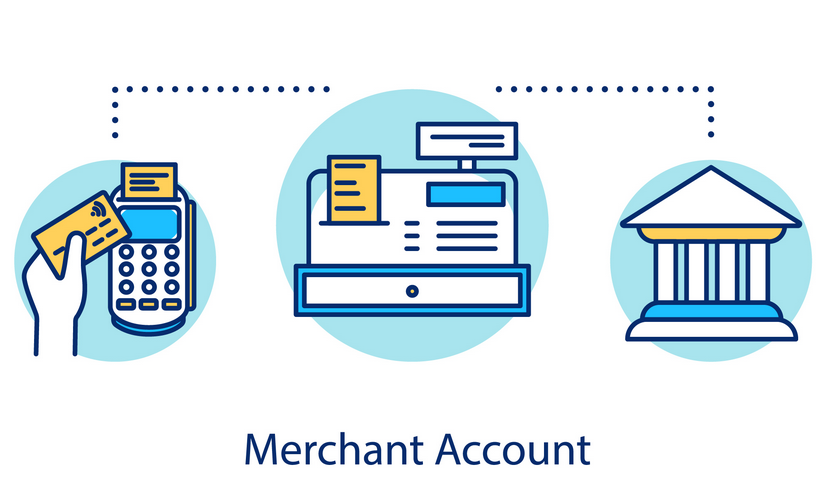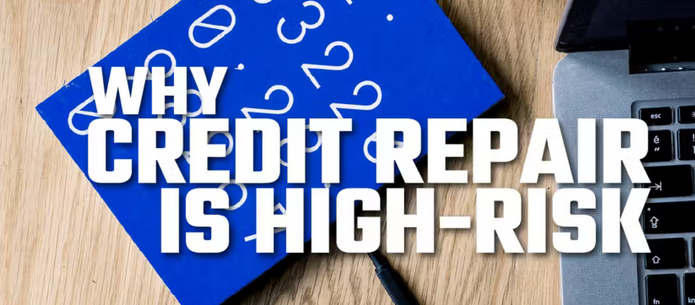In the world of business, accepting electronic payments is crucial for facilitating transactions and reaching a broader customer base. To enable electronic payment processing, businesses often rely on merchant accounts.
In this comprehensive blog post, we will explore the concept of merchant accounts, their functionality, the different types available, the process of obtaining one, associated fees, and address frequently asked questions. By the end, you will have a clear understanding of merchant accounts and how they play a vital role in modern payment systems.
What is a merchant account?
A merchant account is a specialized type of bank account that allows businesses to accept electronic payments, such as credit and debit cards, from customers. It acts as an intermediary between the business, the customer, and the payment processor, facilitating the secure transfer of funds.
How do merchant accounts work?
Merchant accounts function through a series of steps that ensure the smooth processing of electronic payments:
- Authorization: When a customer makes a purchase using a credit or debit card, the payment details are transmitted securely to the payment processor.
- Verification: The payment processor checks the validity of the card, verifies the customer’s account balance, and ensures that sufficient funds are available for the transaction.
- Settlement: Once the payment is verified, the funds are transferred from the customer’s account to the merchant account.
- Deposits: The merchant account provider deposits the funds into the business’s designated bank account, typically within a specific timeframe.
Merchant account fees
Merchant accounts come with various fees, which may vary depending on the provider and the nature of the business. Common fees include:
- Setup Fees: These fees cover the initial setup of the merchant account and can include application fees, hardware costs, and software integration expenses.
- Transaction Fees: Merchants are charged a fee for each transaction processed through their account. These fees can be a flat rate or a percentage of the transaction amount.
- Monthly Fees: Some merchant account providers charge a monthly fee for maintaining the account and providing necessary services, such as customer support and reporting tools.
- Chargeback Fees: In case of a disputed transaction or a chargeback, where a customer requests a refund, a fee may be imposed to cover administrative costs.
What are the types of merchant accounts?
Merchant accounts can be categorized into different types based on specific business requirements. Here are three common types:
1) High-risk merchant accounts
High-risk merchant accounts are designed for businesses operating in industries with a higher risk of chargebacks, fraud, or regulatory challenges. These industries may include online gambling, adult entertainment, or pharmaceuticals. Obtaining a high-risk merchant account typically involves more stringent underwriting procedures and higher fees.
2) ISO merchant accounts
ISO (Independent Sales Organization) merchant accounts are provided by third-party sales organizations that work in partnership with acquiring banks. ISOs act as intermediaries, assisting businesses in setting up and managing their merchant accounts. These accounts often provide additional services, such as point-of-sale systems and enhanced reporting tools.
3) Internet merchant accounts
Internet merchant accounts are specifically tailored for businesses conducting online transactions. These accounts enable businesses to accept payments through e-commerce platforms, websites, or online marketplaces. Internet merchant accounts may offer features such as secure payment gateways and recurring billing options to facilitate online sales.
How do you get a merchant account?
Obtaining a merchant account involves several steps to ensure eligibility and approval.
How to check if I am eligible for a merchant account
To determine eligibility for a merchant account, businesses need to meet certain criteria, which may include:
- Business Type: Merchant account providers assess the nature of the business to evaluate the associated risk factors.
- Creditworthiness: A credit check is often conducted to evaluate the business owner’s financial stability and credit history.
- Processing Volume: Providers may set minimum monthly processing volume requirements, ensuring the business generates a sufficient number of transactions.
How can I get merchant status
To obtain merchant status and acquire a merchant account, businesses should follow these general steps:
- Research Providers: Conduct thorough research to identify reputable merchant account providers that cater to your industry and business needs.
- Application Process: Complete the application form provided by the chosen provider, providing accurate information about your business, financials, and processing requirements.
- Underwriting Process: The provider conducts an underwriting process to assess the risk associated with your business and evaluate your eligibility for a merchant account.
- Account Setup: Once approved, the merchant account provider assists in setting up the account and integrating the necessary payment processing tools.
Conclusion
Merchant accounts form the backbone of electronic payment processing, allowing businesses to accept credit and debit card payments securely and efficiently. By understanding how merchant accounts work, the associated fees, the different types available, and the process of obtaining one, businesses can enhance their financial operations and provide a seamless payment experience to their customers. With the growth of digital transactions, merchant accounts have become a necessity for businesses across various industries, empowering them to thrive in the evolving landscape of commerce. GetPayment can help you get your merchant account within 24 hours. Reach out to us today!
FAQs about merchant accounts
How do merchant accounts differ from regular bank accounts?
Merchant accounts are specifically designed for businesses to accept payments from customers, while regular bank accounts are meant for personal banking and general financial transactions.
What is the role of a payment processor in a merchant account?
The payment processor in a merchant account handles the authorization, processing, and settlement of electronic transactions, ensuring the secure transfer of funds between the customer’s account and the merchant’s account.
Can I use a personal bank account for business transactions?
It is generally recommended to have a separate bank account for business transactions to maintain clear financial records and simplify accounting processes. Using a personal bank account for business transactions can create complications and may not comply with certain legal and regulatory requirements.
What are the advantages of accepting electronic payments through a merchant account?
Accepting electronic payments through a merchant account offers advantages such as expanding payment options for customers, increased sales potential, reduced reliance on cash or checks, improved efficiency in payment processing, and enhanced security features for transactions.
Do I need a merchant account?
The need for a merchant account depends on the nature of your business and your preferred payment methods. If you intend to accept electronic payments, especially credit or debit card transactions, having a merchant account is typically necessary to process those payments securely and efficiently.
What do I need to apply for a merchant account?
The specific requirements for applying for a merchant account may vary depending on the payment service provider or bank. Generally, you will need to provide information about your business, such as its legal structure, financial history, processing volume, and potentially undergo a risk assessment or credit check.
Is a merchant account the same as a bank account?
No, a merchant account and a bank account are not the same. A merchant account is a specialized account that allows businesses to accept electronic payments, while a bank account is a general account for storing and managing personal or business funds. A merchant account is typically linked to a bank account for funds settlement.




